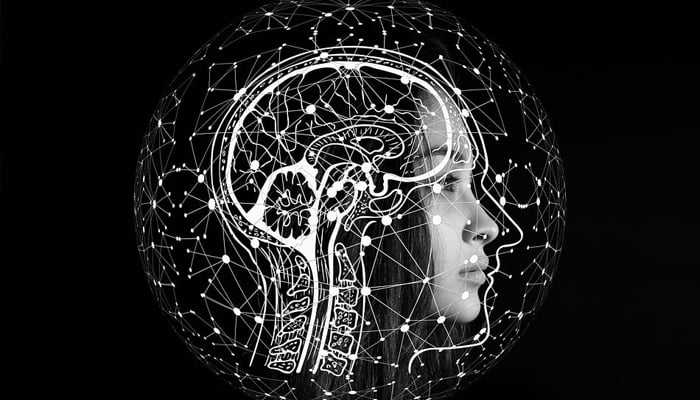Overview of Schizophrenia: A person with schizophrenia experiences a variety of symptoms that impact their thoughts, feelings, and behavior. Schizophrenia is a chronic, relatively complex mental health illness.
Thought processes, reality perception, and emotional reactivity are disrupted, which is why it is frequently misdiagnosed as split personality disorder.
Important Symptoms: Schizophrenia is typified by a wide range of obvious symptoms that interfere with daily functioning and thinking processes in the patient.
Primary Symptoms: Delusions (erroneous beliefs) and hallucinations (perceiving or hearing things that are not there).
Negative symptoms include low motivation, a decrease in speech and emotional expression.
Cognitive symptoms include issues with focus, remembering, and making decisions.
Causes and Risk variables: Although the precise etiology of schizophrenia is still unknown, a combination of environmental, genetic, and brain chemistry variables are thought to be involved. Events in life that are stressful or traumatic may cause the condition to start.
In late adolescence or early adulthood, schizophrenia usually shows symptoms, with males often exhibiting symptoms earlier than women.
Diagnosis and Treatment: In order to diagnose schizophrenia, a mental health evaluation must be completed, and all other mental illnesses must be ruled out.
Furthermore, a complete approach is necessary for controlling schizophrenia, involving antipsychotic drugs, psychotherapy, and support services aimed at mitigating symptoms and enhancing quality of life.
Schizophrenia treatment focuses on symptom management, usually through:
antipsychotic drugs.
Cognitive behavioral therapy is one type of psychotherapy.
supportive assistance (such as instruction in social skills).
Living with Schizophrenia: Many people with schizophrenia can lead fulfilling lives despite the difficult problems the condition presents, provided they receive the right care and support.







